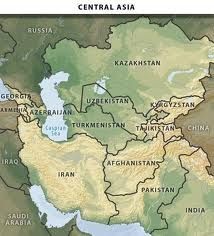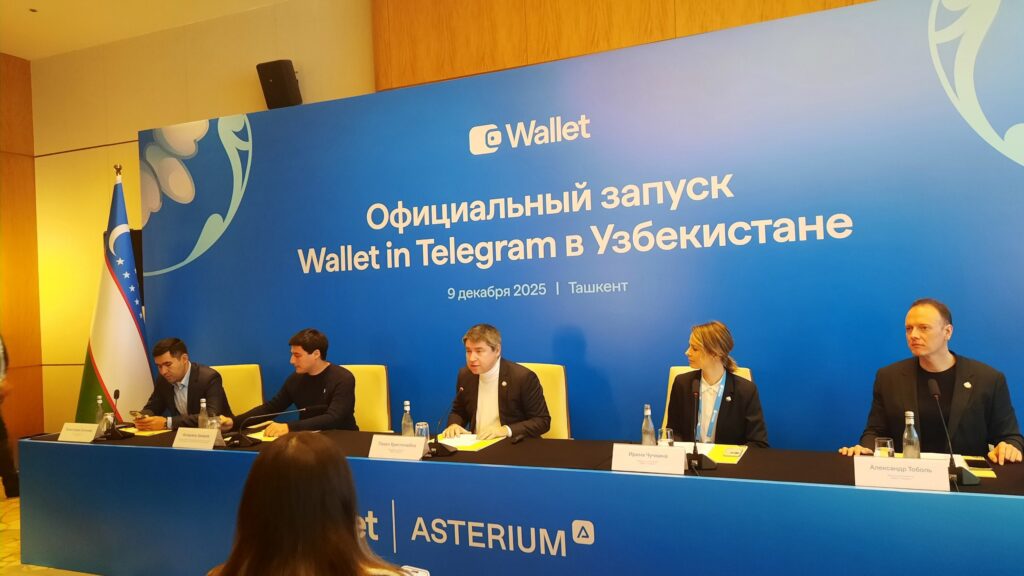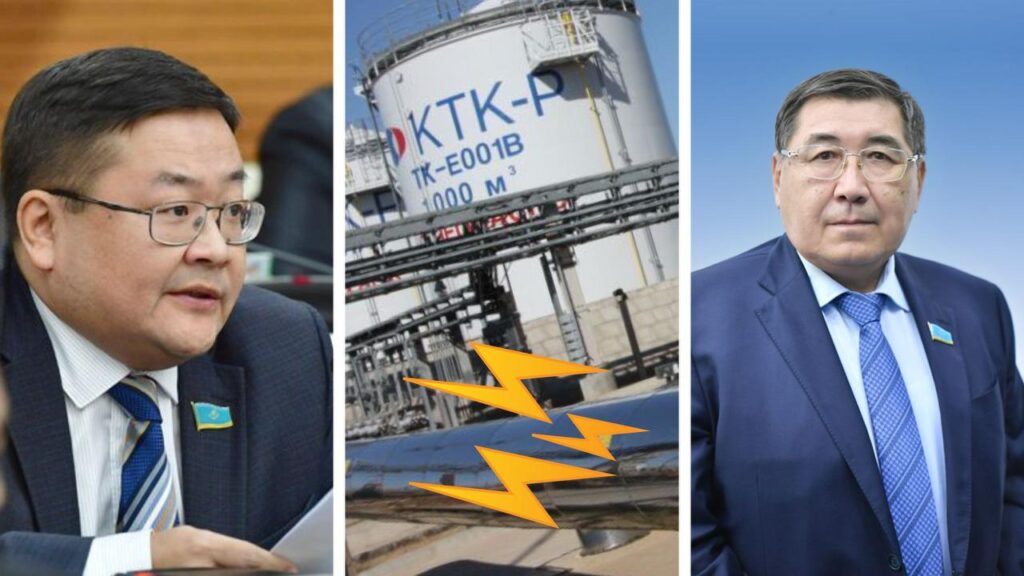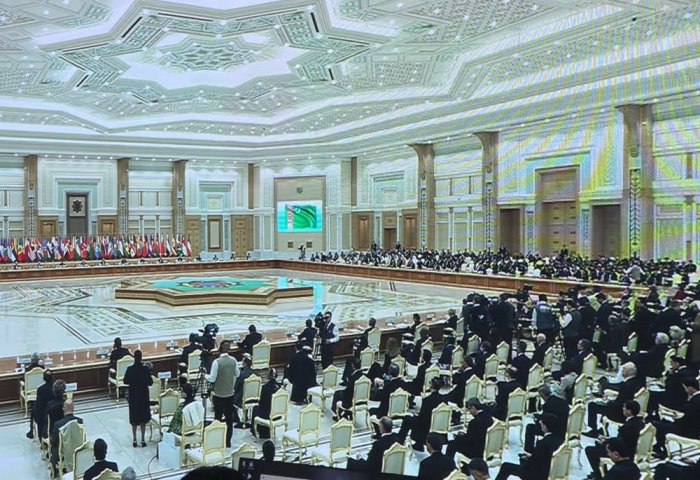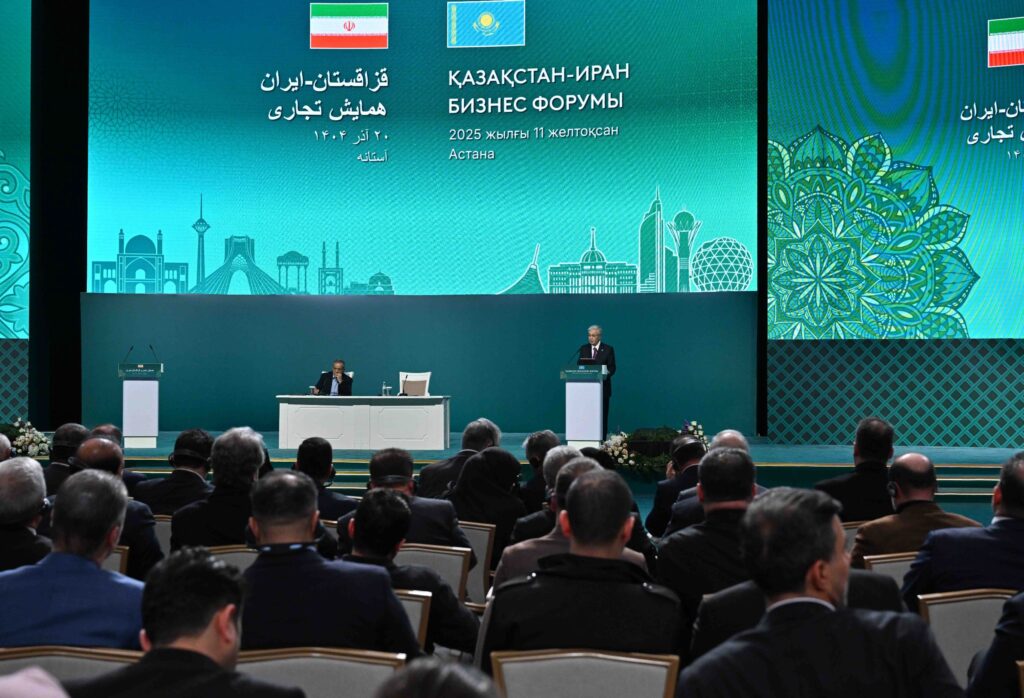DUSHANBE (TCA) — In recent years, Saudi Arabia has taken steps to push its rival — Iran — out of Tajikistan, with which Iranians share a common language and culture. We are republishing this article on the issue, originally published by Eurasianet:
Saudi Arabia’s ambassador to Tajikistan has revealed in an interview that Riyadh has granted more than $200 million in aid to Dushanbe over the years.
Speaking to Avesta news agency, Abdulaziz ibn Muhammad al-Badi made little attempt to disguise the fact that his government’s generosity stems from a desire to push Iran, a nation whose Persian heritage presents obvious commonalities with Tajikistan, out of the region.
The money has been granted by the Saudi Fund for Development for a number of goals, including the construction of six schools. al-Badi said an additional $7 million was allocated to fund an Emergency Situations Committee and shoring up of the banks of the Panj River.
The ambassador did not specify the timeframe over which the money had been given.
As far as the schools go, al-Badi denied there was any hidden ideological intent. While Saudi Arabia is funding construction, it will not be responsible for what happens at the schools, he said.
“Saudi Arabia is not one of those countries that talks in the open about permanent friendship with the Tajik people, but then sticks its knife in your back at the same time,” he said, in an entirely unveiled reference to Iran.
Pressing his point further, the ambassador directed his interviewer to a vaporous piece of speculative analysis written by a researcher at the Tajikistan Islamic Studies Institute, Kamara Nurulhakov, and published on state-run Khovar news agency on July 19.
In his piece, Nurulhakov contends that Iran has been plotting an Islamic revolution in Tajikistan. He argues that Tehran proposes to use the now-banned Islamic Renaissance Party of Tajikistan, or IRPT, which he describes as a wing of Hezbollah, to achieve its end.
Officials, up to and including President Emomali Rahmon, have been busily pushing such theories since 2015.
It was in September that year that Dushanbe purported that the IRPT had been involved in an alleged attempted coup attempt by a deputy defense minister. (For the record, although some continue to unquestioningly report this supposed plot to seize power as a confirmed fact, there is no readily available evidence to support the government’s account. All signs point to the likelihood that the authorities concocted the entire episode as an excuse to finally crush the remnants of the opposition).
In the closing days of 2015, having been cast into self-imposed exile, IRPT leader Muhiddin Kabiri attended a religious-themed conference in Tehran. While there, he met with Iran’s Supreme Leader Ali Khamenei.
This sent Dushanbe into a tailspin of rage and has since inspired countless accusations that Iran is busy scheming. Tajikistan dusted off claims that Iran had given financial backing to the armed opposition during the civil war in the 1990s. Several documentaries were aired on state television to make that case.
In May, a crowd of people picketed the Iranian Embassy — most likely at the instigation of the government — with a demand to have Kabiri handed over to Tajik authorities. They need not have bothered. Kabiri lives in Europe, where he has been granted political asylum.
For those that object that the IRPT, whose membership identifies unambiguously as Sunni Muslim, like almost all Tajiks, would be a poor fit to foment an Islamic revolution at the behest of a Shia Muslim theocracy, the government in Dushanbe has an answer.
Speaking at a public event on May 12, Rahmon claimed that the IRPT had actually converted to Shia Islam. And this is also despite the fact that the government has also at various interludes sought to imply the IRPT is operating in concert with the Islamic State, a group not known for its Shia sympathies.
This has all had predictably dire implications for economic ties between Tajikistan and Iran. According to official data, bilateral trade turnover in 2017 came in at $92 million — around $22 million less than the year before.
In the meantime, the Saudis are not just doling out handouts for schools and such. In May, the Geneva-based Saudi Investment Company announced it had agreed to buy a controlling stake in Tojiksodirotbank, a lender crippled by mismanagement. It is not yet clear when that transaction is set to go through, but if it happens it will go far toward restoring some stability to a wrecked banking system.
The Saudi Investment Company represents the interests of the Saudi Binladin Group, a company set up in the 1930s by the father of Osama Bin Laden.
